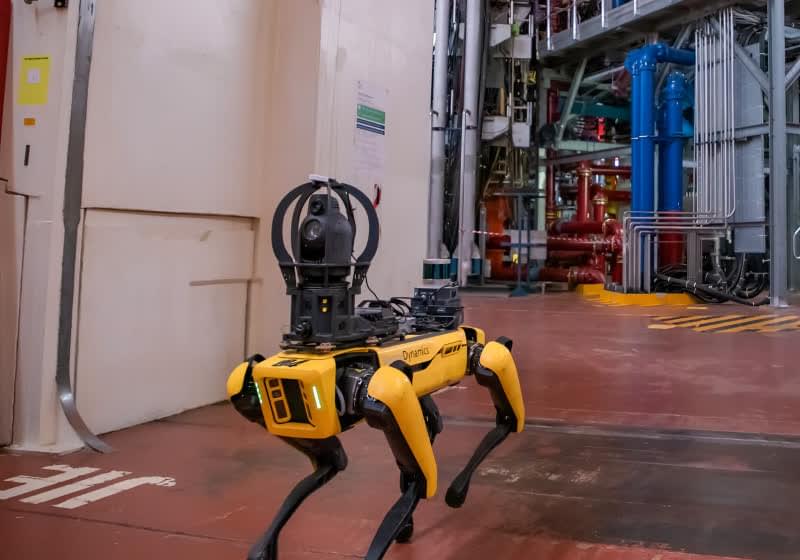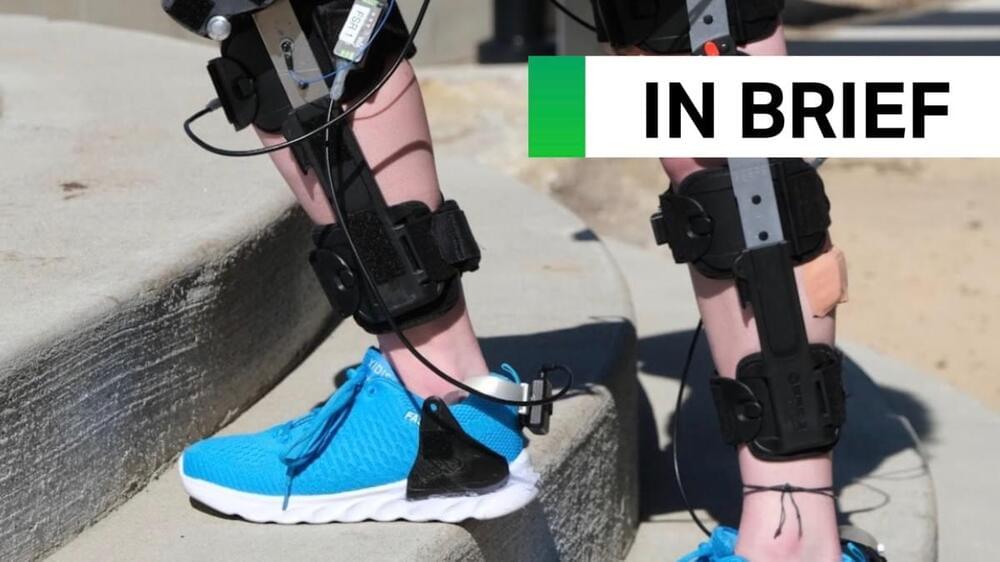Google is testing a new API that uses machine learning models to offer real-time language translation for inputted text and to make it easier to translate web pages.
According to a proposal spotted by Bleeping Computer, the feature is being developed by Chrome’s built-in AI team and is aimed at exposing the web browser’s built-in translation functionality and the ability to download additional language models to translate text.
While Chrome and Edge already have built-in translation features, they can sometimes have issues translating web pages that have dynamic or complex content. For example, Chrome may not be able to translate all sections of an interactive website correctly.







